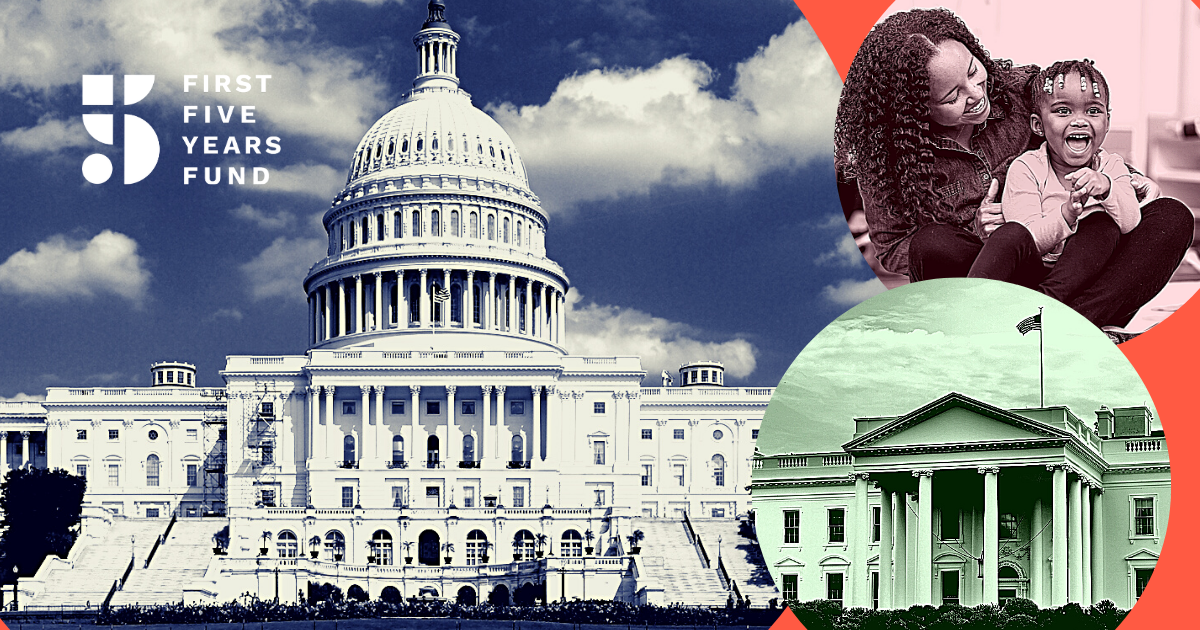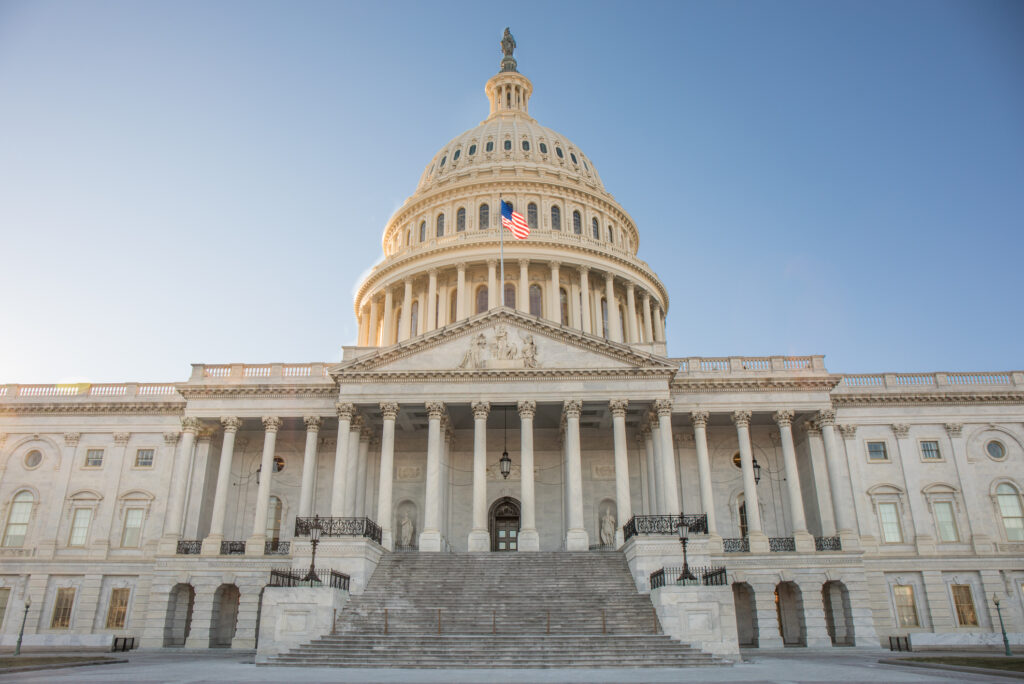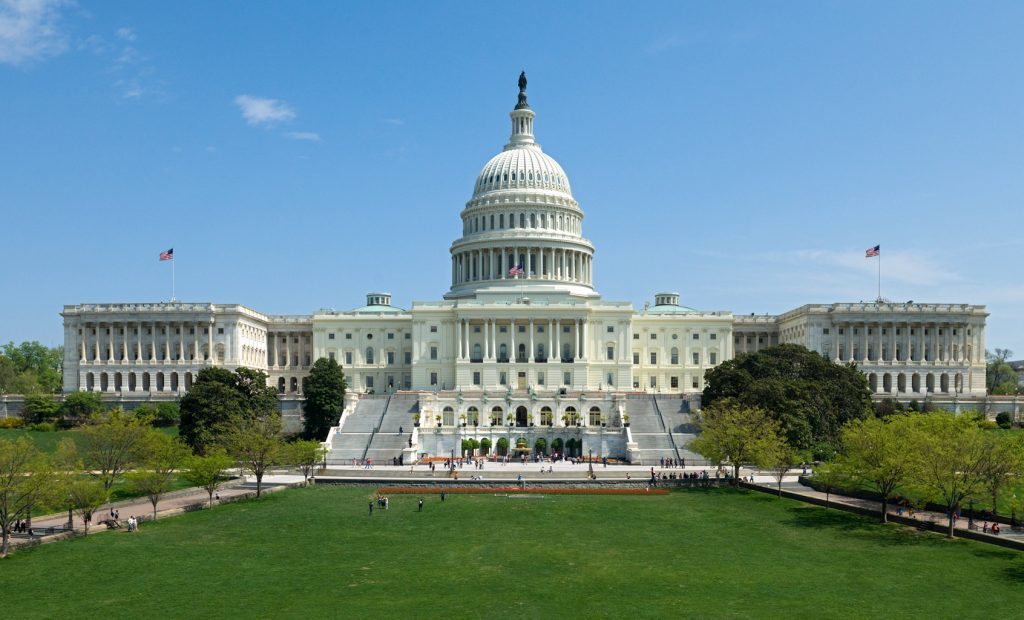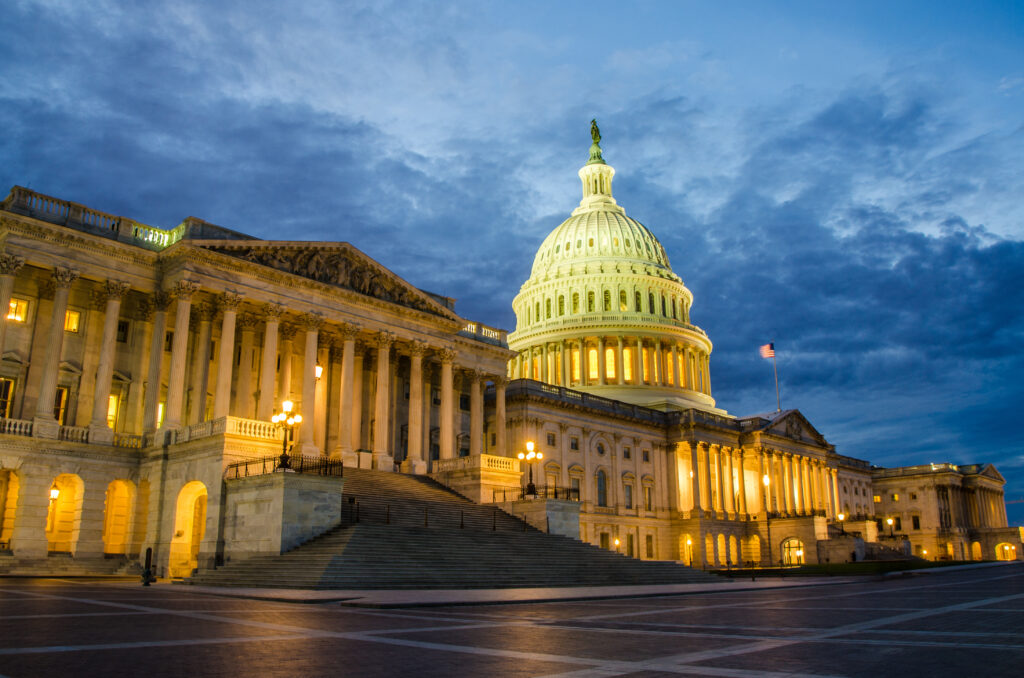White House Releases FY2023 Budget Request to Congress

Today, the White House released details of President Biden’s FY2023 budget request to Congress, which includes funding increases for many of the federal early learning programs that support the care and education of America’s children from birth through age five — particularly those living in poverty.
In response, First Five Years Fund (FFYF) Executive Director Sarah Rittling released the following statement:
“For years, America’s federal early learning and care programs have given millions of children access to high-quality learning and developmental opportunities, while enabling their parents to go to work and support their families. Every child, no matter their background, deserves a strong start in life and we are grateful that the Biden administration continues to prioritize America’s youngest learners. As we look towards working with Congressional leaders to make the president’s requests a reality, we must remember that we’ve reached a tipping point in the child care crisis facing our nation and the existing structure of America’s early learning system is unsustainable.
“Most parents – regardless of whether they’re eligible for these critical programs – can’t afford the high cost of care and more than half of Americans live in an area without any quality care options at all. Confronting the significant challenges facing working families will require equally significant solutions. In addition to the ongoing need for critical programs like Head Start and Early Head Start, Preschool Development Grants Birth through Five, and the Child Care and Development Block Grant program, Congress has an opportunity to support a strong, stable early learning system by passing significant, sustained reforms and investments in child care and pre-K through the reconciliation package currently under consideration.”
Lawmakers on both sides of the aisle have long been in agreement that early childhood education is critical to achieving the outcomes children need to be successful in school and life. Over the years, the targeted federal early learning programs have seen steady, significant progress through increased, bipartisan investments from both Congress and the White House.
The President’s FY2023 budget request seeks funding increases to core federal early learning and care programs, including the Child Care and Development Block Grant (CCDBG) program, Head Start and Early Head Start, and the Preschool Development Grant Birth through Five (PDG B-5) program.
- Child Care and Development Block Grant (Discretionary CCDBG)
- $7,562,000,000, which is an increase of $1,397,000,000 above FY2022
- The budget also proposes a new federal administration set-aside of half of a percent. This set-aside will fund salaries and benefits for federal staff to review grantee reports, conduct site visits, coordinate with relevant stakeholders, award grants, and update reporting systems.
- Head Start and Early Head Start
- $12,203,000,000, which is an increase of $1,167,000,000 above FY2022
- The budget requests $12.2 billion—an increase of $1.2 billion over FY 2022 enacted—to promote the school readiness of infants, toddlers, and preschool aged children from low-income families. This includes $650 million directed toward investments in Early Head Start-Child Care Partnerships and $505 million in funding for a cost-of-living adjustment.
- Preschool Development Grant Birth through Five (PDG B-5)
- $450,000,000, which is an increase of $160,000,000 above FY2022
- IDEA Part B Preschool Grants
- $502,620,000, which is an increase of $93,071,000 above FY2022
- IDEA Part C Grants for Infants and Families
- $ 932,000,000, which is an increase of $435,694,000 above FY2022
- Child Care Access Means Parents in School Program (CCAMPIS)
- $95,000,000, which is an increase of $30,000,000 above FY2022
- National Child Traumatic Stress Initiative
- $150,000,000, which is an increase of $68,113,000 above FY2022
Subscribe to FFYF First Look
Every morning, FFYF reports on the latest child care & early learning news from across the country. Subscribe and take 5 minutes to know what's happening in early childhood education.



